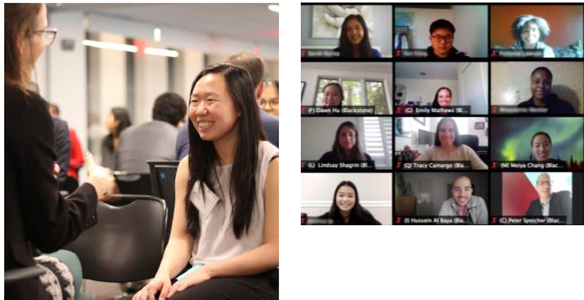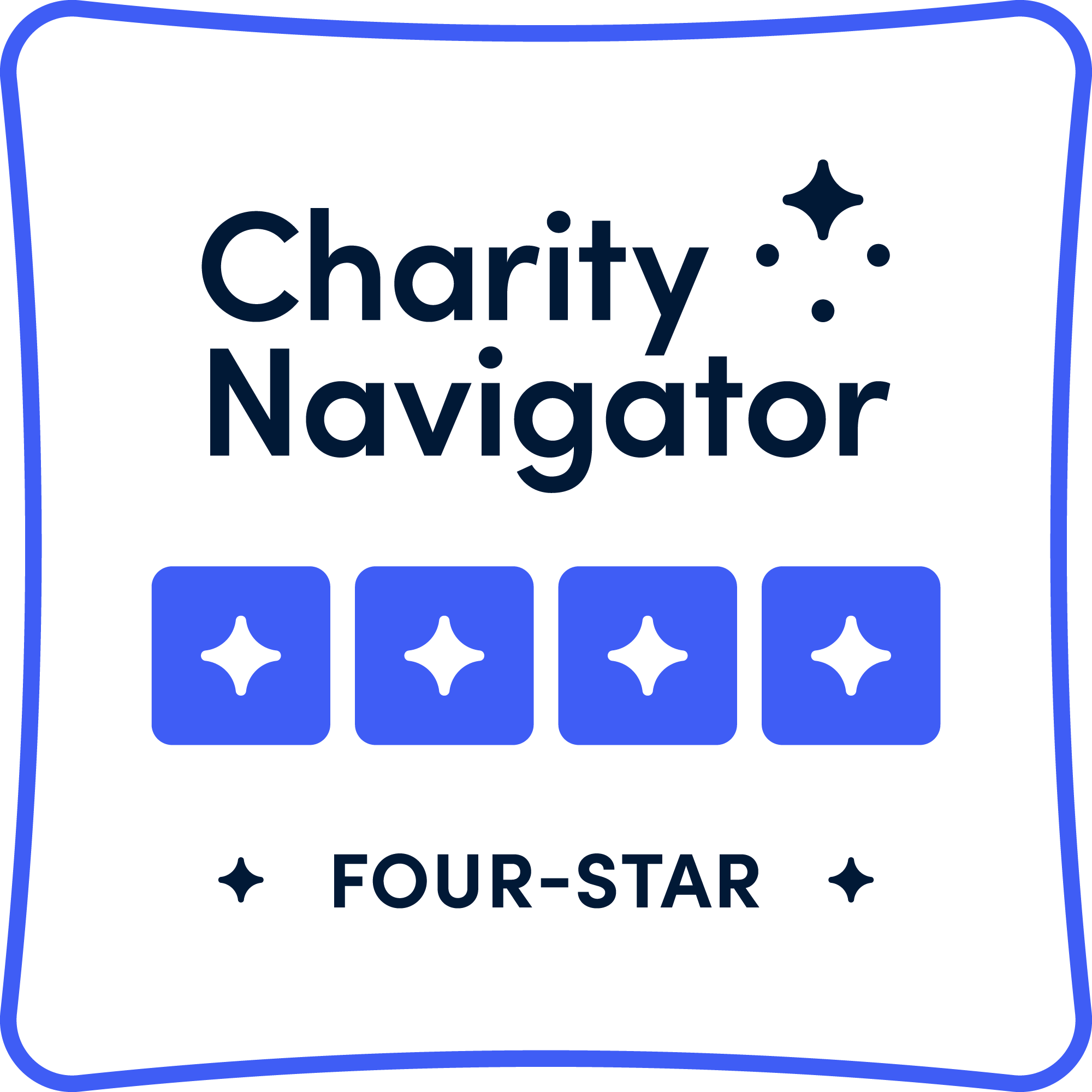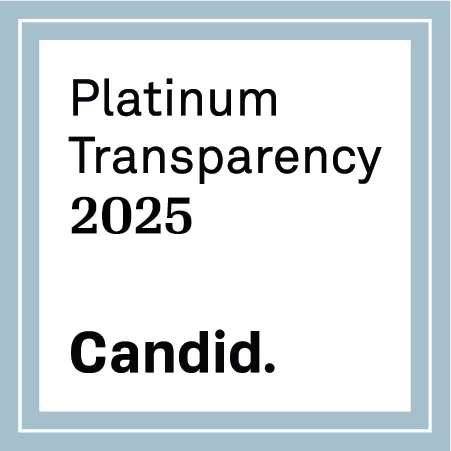Contributed by
National Association for College Admission Counseling - The Journal of College Admission
Author
Melissa Brock
Date
8 min read


While still undergraduates at Yale University (CT), Jessica Pliska and Brian Weinstein noticed an utter lack of resources, access, and free choice among students of color and students from low income communities. As they researched, among the many inequities they found were these startling statistics:
- In the US, non-white public schools are allotted $23 billion less in funding than white school districts with the same number of students.
- New York City students get only 38 minutes of college counseling per year.
- Eighty percent of jobs and internships are secured through networks and an exclusionary “hidden job market.”
- The graduation rate is only 30 percent for underrepresented students who start college.
- Internships remain inaccessible to those relying on summer income—only 50percent of internships are paid.
The culprit? Historic and systematic injustices that anchor educational inequity, and, in the process, create an opportunity gap.
To tackle these injustices, Pliska and Weinstein founded the Opportunity Network.
Since 2003, the Opportunity Network has ignited the drive, curiosity, and agency of underrepresented students on their paths to and through college and into thriving careers through its carefully formulated programs:
- Fellows Program: The Opportunity Network’s flagship program, an intensive six-year college and career success program, works with more than 1,000 New York City youths.
- Career Fluency Partnerships: Work alongside mission-aligned schools and community-based organizations.
- UninterruptED Open Access: Virtual learning opportunities for educators and students nationwide.
- Opportunity Ignited: Customized consulting and advisory services for employers looking to create more diverse, equitable, and inclusive workplaces.
If it could, the Opportunity Network would offer a helping hand to all students in New York City. As it stands, it makes a major impact on a small slice of students from the Big Apple. “All of our students are from New York City—all five boroughs are represented,” said Emmanuel Moses, Associate Director of College Guidance and Transition at The Opportunity Network.
The Opportunity Network works with public schools, including charter schools, and has recently partnered with selective high schools to offer resources to underrepresented students who could use additional support. “You can still get lost navigating [the process]. It’s our job and duty to give that opportunity to students,” said Moses.
The Opportunity Network’s flagship program, the Fellows Program, is an intensive six-year college and career success program that works with over 1,000 New York City youths who attend primarily public high schools. The program, which includes an application process, starts in 11th grade. “We work with students from the summer after 10th grade to college graduation and into their careers,” said Moses. The Fellows Program changes lives by connecting students to internships, career opportunities, and personal and professional networks, according to Moses. Internship partners include ESPN, Google, HBO, the “I Have a Dream” Foundation, Morgan Stanley, Deloitte, and many more big names. Moses said junior year starts off with a bang and covers the very basics. He cites the importance of exposure to the professional landscape and even introduces the differences between professional dress and business casual for students. “We talk about career exposure, we visit HBO, museums, talk about things they don’t know, in addition to community-building and networks over those two weeks. We build off that first introduction through junior year,” he said. The program works off its patented career fluency model, which includes a focus on the following:
- College access, transition, and success: Students participate in activities and workshops to prepare to choose colleges and launch their professional careers.
- Career awareness and exposure: Students set collegeto-career goals, learn about professional paths, and learn about the professional training for those careers.
- Professional and workplace skills: Students learn and apply fundamental skills and concepts including interviewing and listening. They also gain the skills they’ll need to work with a range of individuals in the workplace.
- Networks and social capital: Students learn the skills they need to build strong social networks to achieve college and career goals.
Ninety-two percent of the students graduate from college in six years—a full 93 percent of students are the first in their families to graduate from college. More impressive is the fact that 89 percent of students secure meaningful employment or graduate school admission within six months after graduation.
The program even includes a speed networking component to help students learn how to initiate conversations with professionals and how to exchange business cards. “It continues to build on navigating the college process as they’re trying to decide what they want to do,” as well as determine what travel aboard experiences or pre-college programs may interest them, said Moses. Opportunity Network also works with employers. Ray Reyes, Managing Director of Programs, said the organization’s Opportunity Ignited program is specifically for employers seeking to build equitable workplaces. “It’s for those looking to retain first-generation students of color and Black and Indigenous people of color in response to racial injustice in the country. It’s one of the conditions that needs to change in these corporations. First-generation students coming into these spaces and changing and adapting to these biases and structures can be problematic,” he said. COVID-19 has added some challenges to the Fellows Program, but the team has worked to adapt, Reyes said. “We needed a platform to reach students and speak to their learning styles. We added weekly classes and added sessions to talk about the college application process once we start our transition to college curriculum in the spring,” he said.
The statistics speak for themselves: The Opportunity Network delivers. Moses said 92 percent of the students graduate from college in six years—a full 93 percent of students are the first in their families to graduate from college. More impressive (and what points to the long, storied success rate of the Opportunity Network) is the fact that 89 percent of students secure meaningful employment or graduate school admission within six months after graduation. “We have a dedicated team to listen to the voices of the population we serve—our students,” Moses said. “The most important thing is our Fellows, all 1,030 of them. We’re always continuing to reflect, improve, and be better—to grow, listen, and learn.”
Melissa Brock is a 12-year veteran of college admission, founder of College Money Tips and Money editor at Benzinga. She loves helping families navigate their finances and the college search process. Check out her essential timeline and checklist for the college search.
Click here to read the original article.

